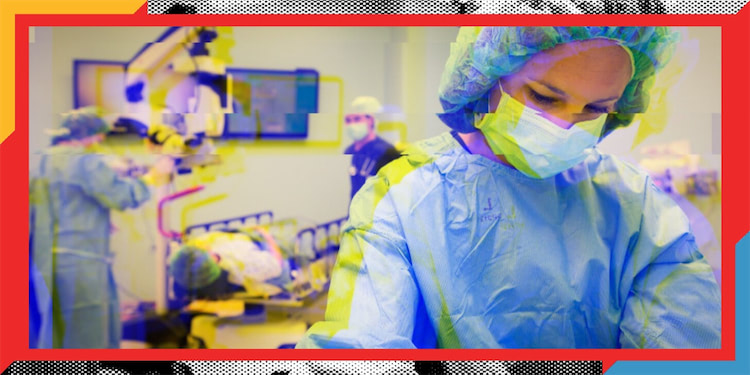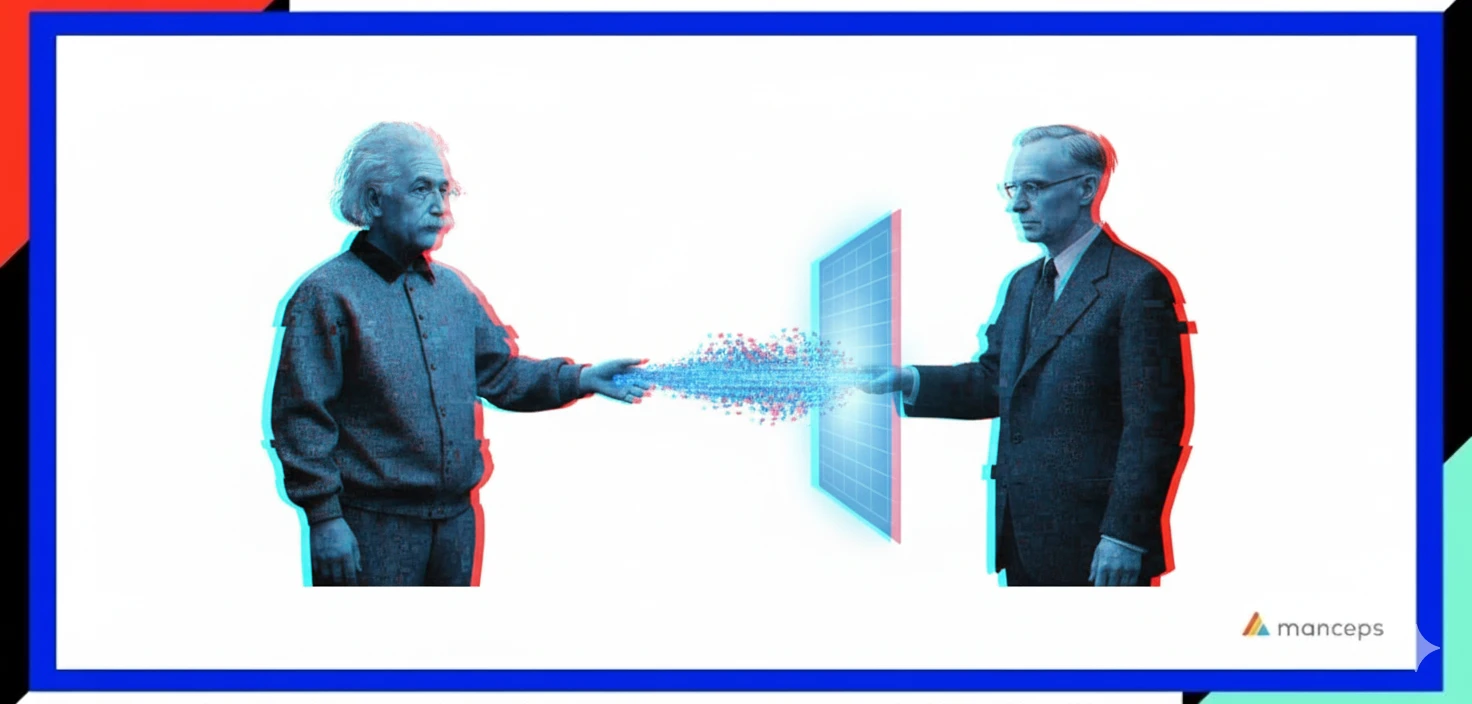AI Examples from Health Care
UnitedHealthcare
Like Amazon, the massive healthcare organization is deploying natural language processing across large swaths of its business. One of the biggest responsibilities of the organization is to authorize (or deny) payments for doctor-recommended medical procedures. This process of getting pre-approval can be costly, which is why Unitedhealthcare is using machine learning to streamline and automate as much of this process as possible. Unitedhealthcare has also turned to natural language processing to sort the more than one million calls they get to their customer service line each day. Their goal is to deliver a better customer experience to all of their 115 million customers.
McKesson
McKesson's investment in AI is less about managing their patients and more about managing their business. For several years, McKesson has maintained a partnership with a global professional services firm focused on bringing about digital transformation. According to Emerj, this partnership was designed to bring smart contracts and Artificial Intelligence to several business processes, including:
• Customer payments, such as hospital stays and prescription drugs;
• Patient information gather, storage, and processing;
• Automated contract management;
• Vendor payments and reimbursements.
AmerisourceBergen
AmerisourceBergen, the world’s most profitable pharmaceutical company, is bringing artificial intelligence to its benefit verification process. In 2018, the pharmaceutical conglomerate announced that one of their subsidiaries had launched an AI-powered electronic benefit verification solution that would leverage a dataset of “health coverage and payer data collected from millions of manual verifications” to evaluate each incoming benefit verification. Today, their system can predict outcomes and process data in real-time with only a tiny fraction getting forwarded to a human clinician for further investigation.
Cardinal Health
Cardinal Health recently released a platform designed to support oncology professionals by making available a robust set of AI-powered capabilities including:
1. Tools to help deliver coordinated, comprehensive, high-quality cancer care for patients in all treatment settings;
2. Actionable and effective insights that help patients become active participants in their treatment plan;
3. Resources to help develop palliative care plans that respect the values and desires of the patient and his or her family.
Additionally, the platform uses machine learning to identify patients at risk of 30-day mortality who would have been missed by conventional predictive analytic approaches. According to their self-published case study, the deployment of this platform led to an 80% increase in patients referred to palliative care and an increase in those getting flagged for depression.
Walgreens
Last summer, Walgreens announced that it was rolling out Theatro, a voice-based assistant to all of its nearly 10,000 stores. The smart speaker will bring Alexa-like natural language processing to a retail context, making it easier for employees to get answers to common questions, serve customers with less distraction, and work with their coworkers more expediently.
Theatro is small potatoes compared to the blockbuster multi-year partnership they recently announced with Microsoft, the goal of which is to develop “new health care delivery models, technology and retail innovations to advance and improve the future of healthcare.” This is likely a defensive move against both Jeff Bezos’s foray into Healthcare and CVS’s deployment of AI in their MinuteClinics.
Anthem
In 2019, CNBC reported that Anthem had poached several key artificial intelligence resources from Apple, which industry experts saw as the former’s attempt to shore up a competitive disadvantage in the rising tide of tech turning to healthcare.
Beyond building out its internal team, the health care organization has forged highly-publicized partnerships with technology leaders. In 2018, they embarked on a 12-month pilot project with the company, doc.ai to determine whether AI could be used to predict allergies. Doc.ai is a medical records platform that uses artificial intelligence to crowdsource user health information for research purposes.
A year later, they partnered with Stanford University’s Computer Science department by joining its AI for Health Affiliation Program. The research partnership is designed to find new ways to bring artificial intelligence to healthcare — and the healthcare system more broadly. Their first area of focus will be finding ways to use Artificial Intelligence to make insurance prices more transparent.
These company use cases were sourced from our ebook, 50 AI Examples from the Fortune 500. In this highly-researched collection, we go company by company, detailing how some of the world’s biggest corporation are deploying cognitive intelligence to streamline their operations and identify new opportunities.
Get the Ebook









